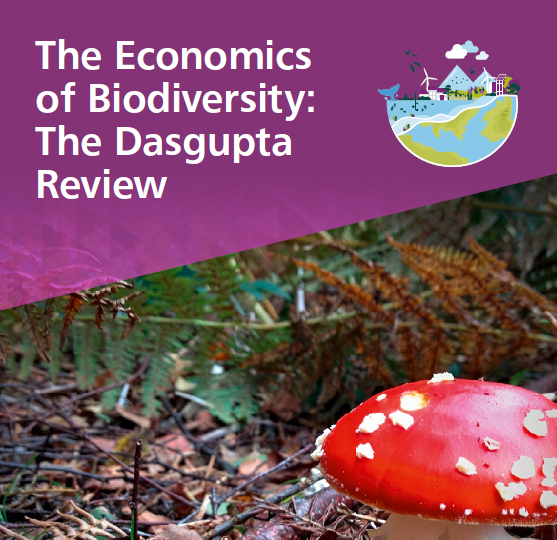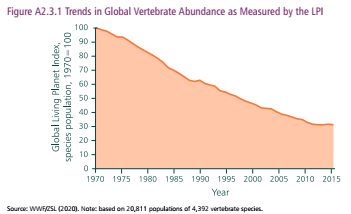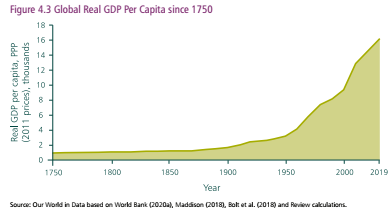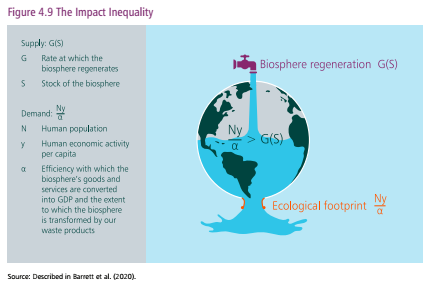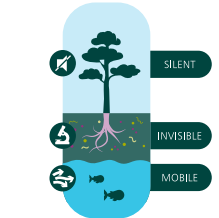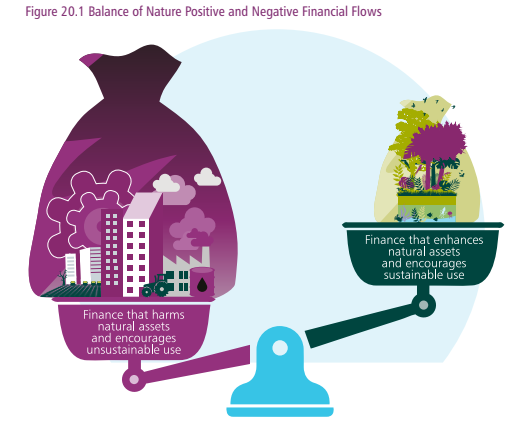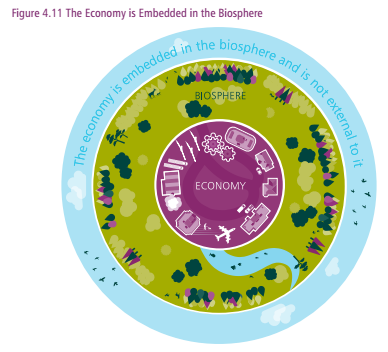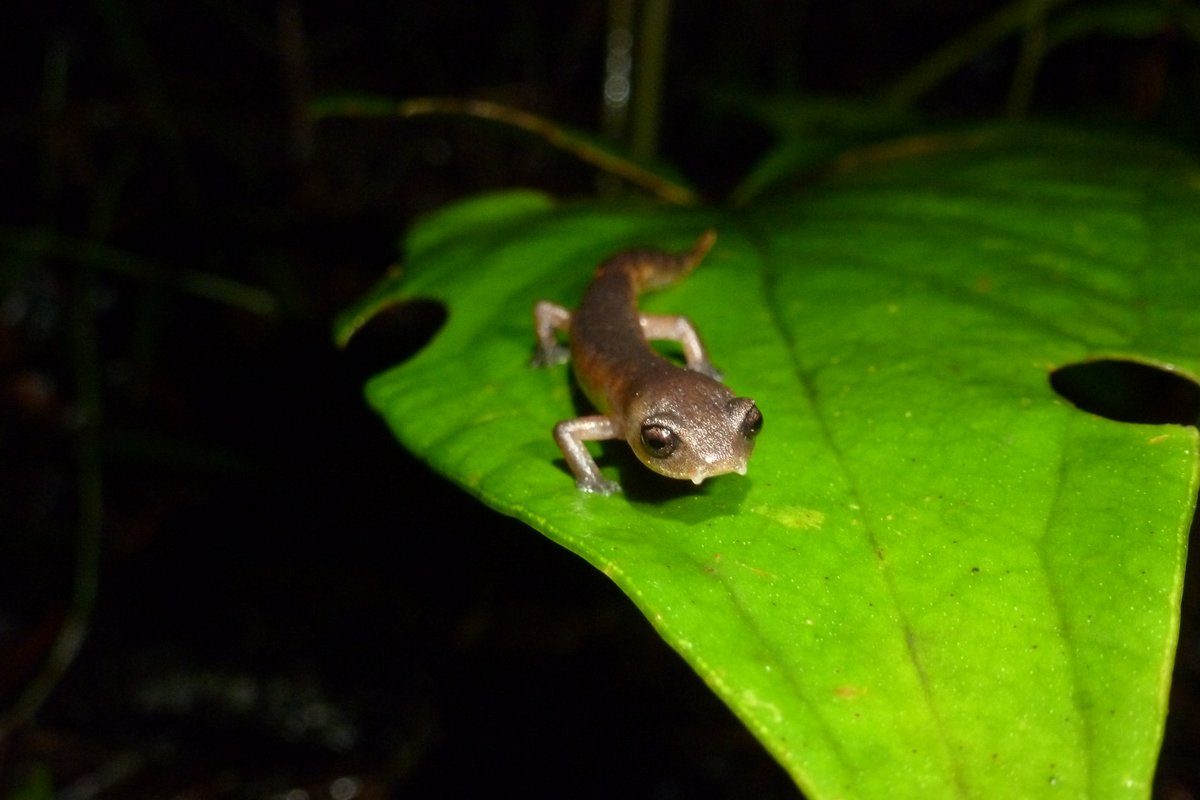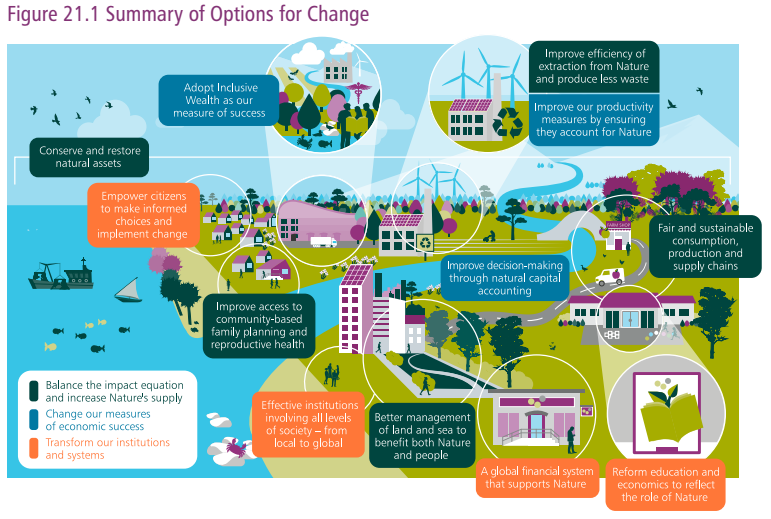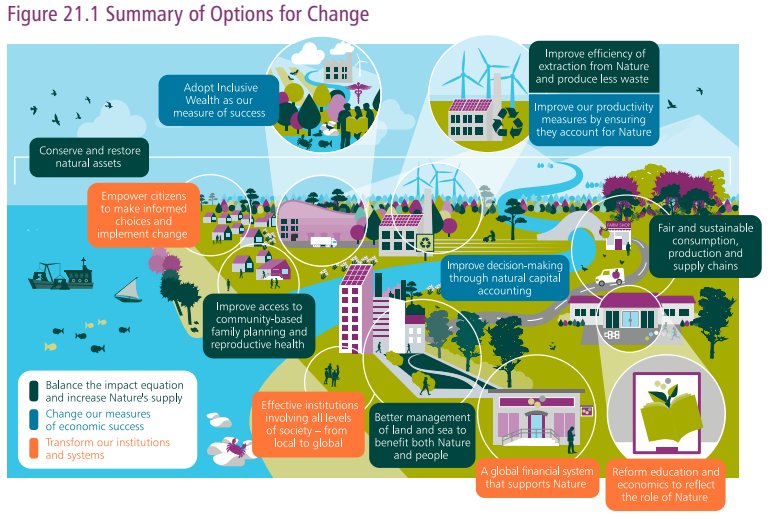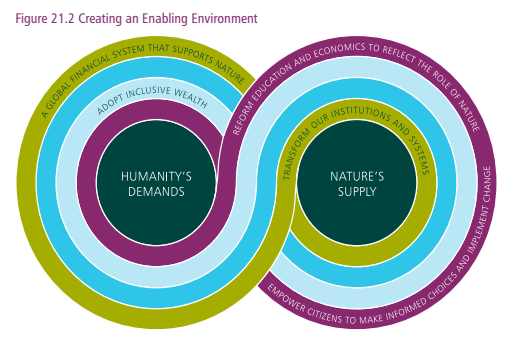1/n As I wasn't sure if/when I would read through all 700 pages of the #DasguptaReview on #biodiversity and #economics, I joined two webinars on it today via @_UKNEE (Emily McKenzie) and @RoyalSocBio @NCI_NatCap ( @waters_ruth). Here's what I learned...
2/n This review sets out to create a grammar/theoretical framework for communication between ecology 







 and economics
and economics 






 with
with  economic and finance decision-makers the key audience
economic and finance decision-makers the key audience  (this for me is key - this is where systemic changes will be made)
(this for me is key - this is where systemic changes will be made)








 and economics
and economics 






 with
with  economic and finance decision-makers the key audience
economic and finance decision-makers the key audience  (this for me is key - this is where systemic changes will be made)
(this for me is key - this is where systemic changes will be made)
3/ The terminology it uses has caused much dismay in some camps (my observation), as it calls nature/the biosphere an asset, everyone on earth asset managers, and biodiversity portfolio diversification (which in finance or economics is a way to reduce risk) BUT this allows.....
4/ ...framing the loss of nature as part of a direct relationship with the global economy (equity and distribution of demands on nature vs supply of its benefits gets a whole chapter), which in turn allows us to think about the problems in this relationship.
5/ The big idea is that the demands we place on nature are outstripping supply, and a modified equation to represent the global economy is given, which allows us to identify ways to redress the balance. The economy is placed fundamentally within the constraints of the biosphere!
6/ the review is global in scope, and recognises the difficulty of quantifying human impacts on nature as it is mobile, silent and invisible (indeed, the lack of consistent regularly updated measures of ecosystem extent and quality were big challenges for the report writers)
7/ the report recognises massive institutional failures as a reason for the serious and ongoing damage done to nature: perverse government incentives, lack of investment in conservation and restoration, lack of trust, corruption, etc. not just market failures.
8/ The report argues that a new model of the global economy, bounded within the biosphere, is needed. Such models are used by ministries, governments, financial institutions etc. to design and structure economies - they're not just academic.
9/ We don't yet have all the measures we need to be able to account for nature properly in such models, but we have some measures we can work with for now - and the review argues that we can't wait  and we need to start doing this now.
and we need to start doing this now.
 and we need to start doing this now.
and we need to start doing this now.
10/ Chapter 12 dives deep into the difficult ideas of valuation, sets the valuation of nature in context in terms of philosophical aspects of our relationship with nature, and more than half the chapter is about intrinsic worth. "The sacred is not negotiable".
11/ New primary economic measures are needed - the report suggests inclusive wealth which corresponds well with inter-generational wellbeing - for long term economic thinking. Better measures of success are needed for us to work towards change.
12/ Institutions need to improve (financial, education), we must reduce our demands (recognising massive global inequalities and that this especially applies to rich countries) and increase nature's supply of benefits. The report contains local examples of how this can be done.
13/ "Although time is not on our side, it is not too late for us, both individually and collectively, to make the conscious decision to change paths. Our descendants deserve nothing less."
14/ To me, this all sounds quite exciting, very constructive, and most definitely a move in the right direction  Others deeply
Others deeply 
 oppose the idea of further integrating nature into economic and financial systems that drive nature's demise and propagate inequality. I see that.
oppose the idea of further integrating nature into economic and financial systems that drive nature's demise and propagate inequality. I see that.
 Others deeply
Others deeply 
 oppose the idea of further integrating nature into economic and financial systems that drive nature's demise and propagate inequality. I see that.
oppose the idea of further integrating nature into economic and financial systems that drive nature's demise and propagate inequality. I see that.
15/ It appears to be a very thoughtful, integrated, piece of work that takes a VERY big picture view, and charts a potential pathway out of the mess we are currently in. Check it out here to decide for yourself... https://www.gov.uk/government/publications/final-report-the-economics-of-biodiversity-the-dasgupta-review
Thanks @ejmckenzie1 and @waters_ruth for their excellent presentations yesterday (and sorry I missed Emily on my first tweet).

 Read on Twitter
Read on Twitter